- A Balanced Life
- Manage Stress
- CAM Treatments
- View Full Guide
Signs You're Burned Out

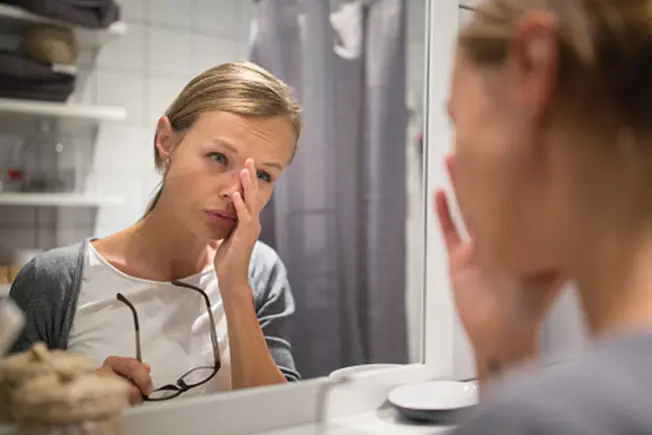
You're Exhausted
Are you so tired that you can't move a muscle? Do you drag yourself out of bed to get to work in the morning? Does your 8-hour shift feel like 80? Burnout is a kind of work-related stress characterized by three specific things. The first is a feeling that you're exhausted -- both emotionally and physically.

You're Turning Cynical
The second thing that characterizes burnout is cynicism -- a lack of interest in work that can be negative or even callous. Exhaustion often leads to it.
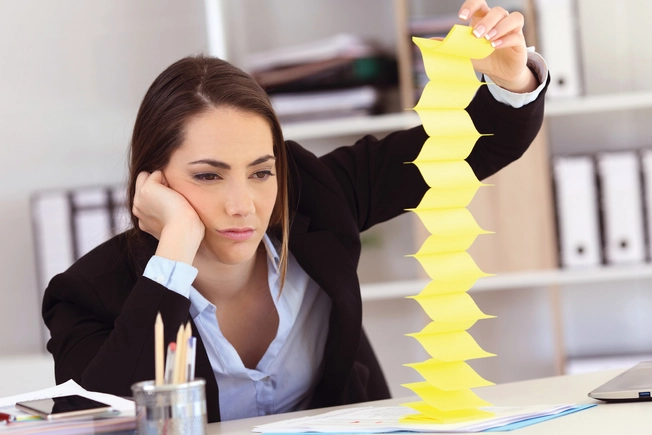
You're Feeling Useless
The third burnout pillar is a sense of incompetence, a feeling that you just can't be effective. It leads to a lack of accomplishment and productivity. Sometimes, that feeling seems to be a result of the other two tent poles of burnout -- exhaustion and cynicism. Other times, all three come down on you at once.
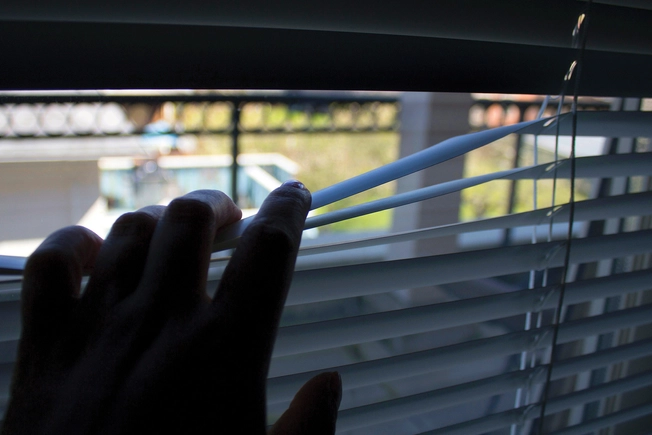
You're Depressed
If you're exhausted, cynical, and feeling useless, it's no wonder that depression can set in.
Research shows burnout is mainly a job thing, while depression is a whole-life thing that can include your job. But they're connected. Studies show that if you're prone to depression, you're more vulnerable to burnout.
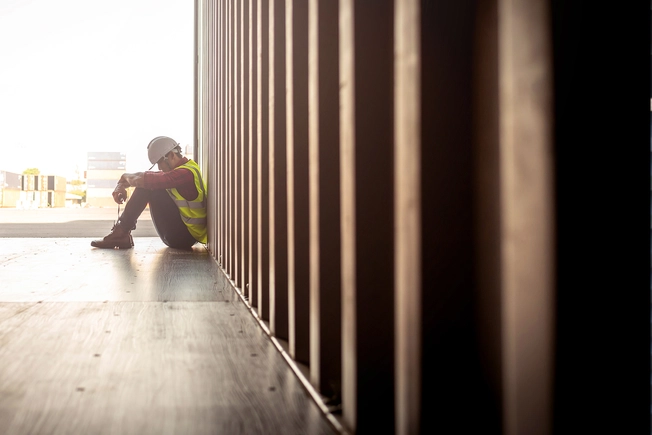
You Hate Your Job
Studies show that job dissatisfaction is one of several side effects (along with things like absenteeism and many physical ailments) of burnout.

Everything Gets Under Your Skin
If the stresses of your job get to be too much or if you turn irritable with your co-workers (or, worse, customers or clients), burnout might be the culprit. It can get worse, too: Outright anger is another sign your job might be burning you out.

Your Mind Wanders
Trouble concentrating is one of the mental signs (along with things like forgetfulness) that could tell you burnout is approaching. Some studies suggest more than 100 symptoms for it. They include motivational symptoms like disillusionment and a loss of idealism.
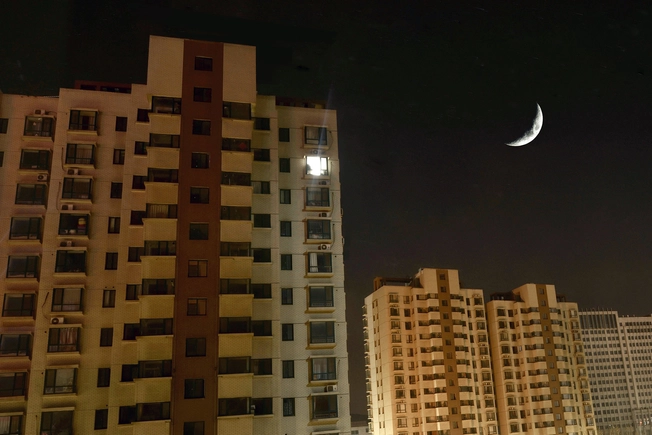
Sleep Is Tough to Get
Some studies link trouble getting to sleep and staying asleep to burnout (though other studies don't find a clear connection). Don’t fool around with sleep problems. If you don’t get enough sleep, it can bring higher chances of heart disease, high blood pressure, stroke, diabetes, and kidney disease.
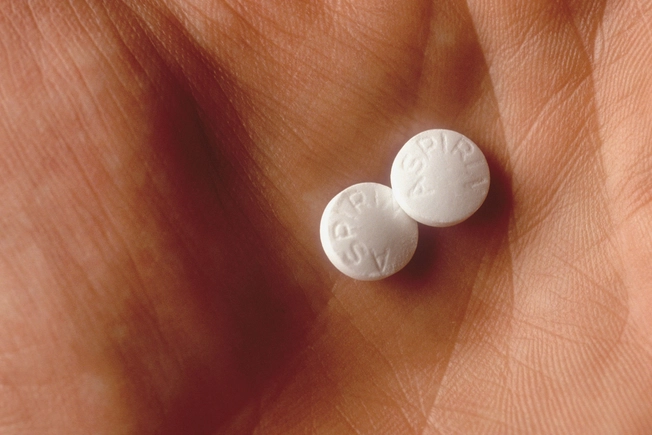
Another Headache?
Herbert Freudenberger, the psychologist who coined the concept of burnout in 1974, cited frequent headaches as a physical characteristic of the disorder. Like sleep problems, this isn't scientifically settled.

That Pain in Your Gut
That stomach and bowel pain you have might have to do with burnout, too. It and the stress that can come with it can weaken your immune system. That might explain the problems with your tummy.

Drinks, Drugs, and Other Comforts
Using food, alcohol, or drugs to feel better may be a symptom of job burnout. This can be serious. Obesity, or alcohol and drug misuse, can lead to all sorts of health problems.
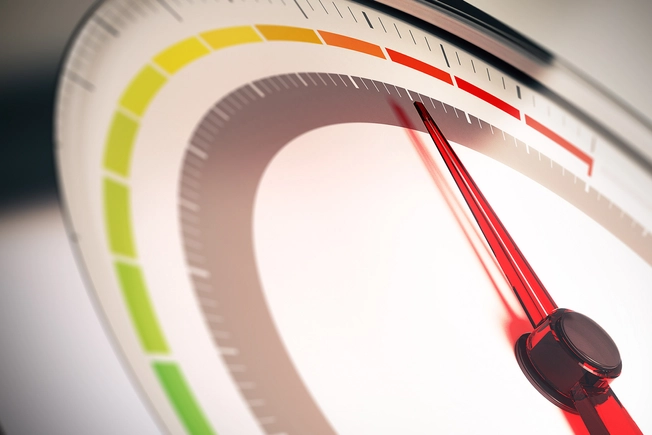
Burnout and Blood Pressure
If your blood pressure is up, your job might have something to do with it. Along with that, you might get a quicker heartbeat, too. Neither is good for you. They could damage not only your heart but your brain and your kidneys, too.

Thirsty? Vision Blurred?
Being overly thirsty and having blurred vision are two signs of diabetes. Burnout may raise your chances of type 2 diabetes. If you're showing these or other symptoms of diabetes -- and you're having problems at work that might be related to burnout -- the two might be tied. Let you doctor know if you are having any increased thirst and get medical help right away for any vision changes.

The Sick Days Are Piling Up
Research has found that burnout can trigger both absenteeism and presenteeism (which means coming to work even when you're sick). And it works the other way. All those sick days and feeling crummy while you're at work can lead to more burnout.